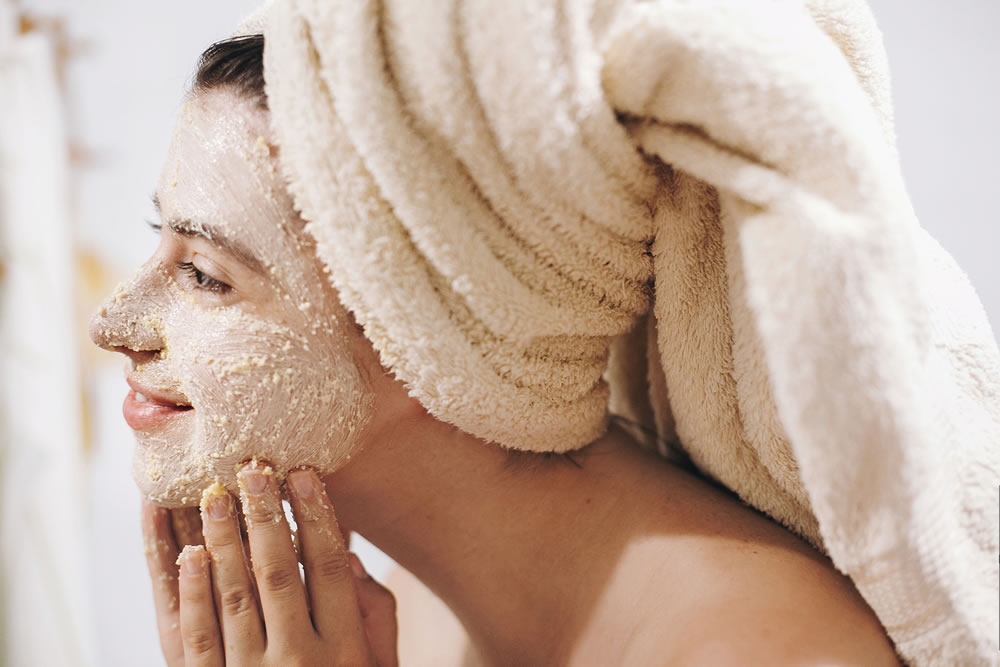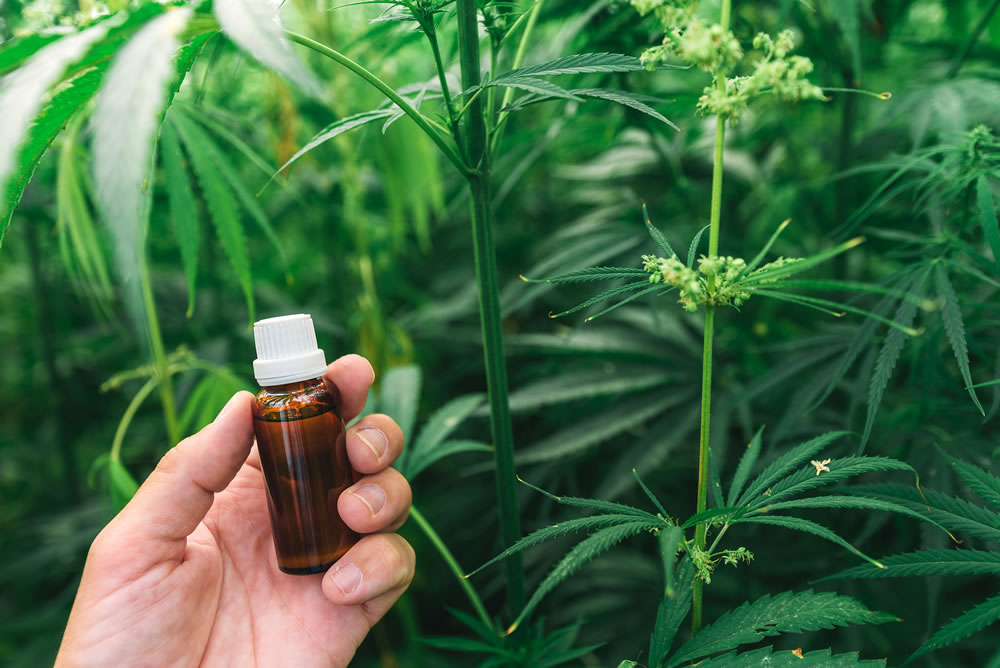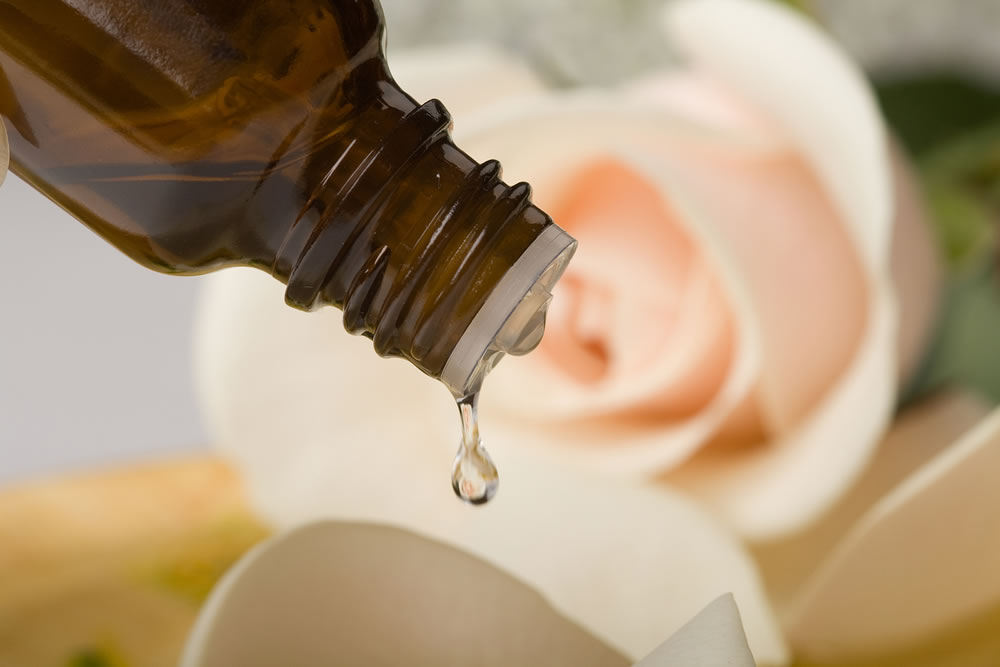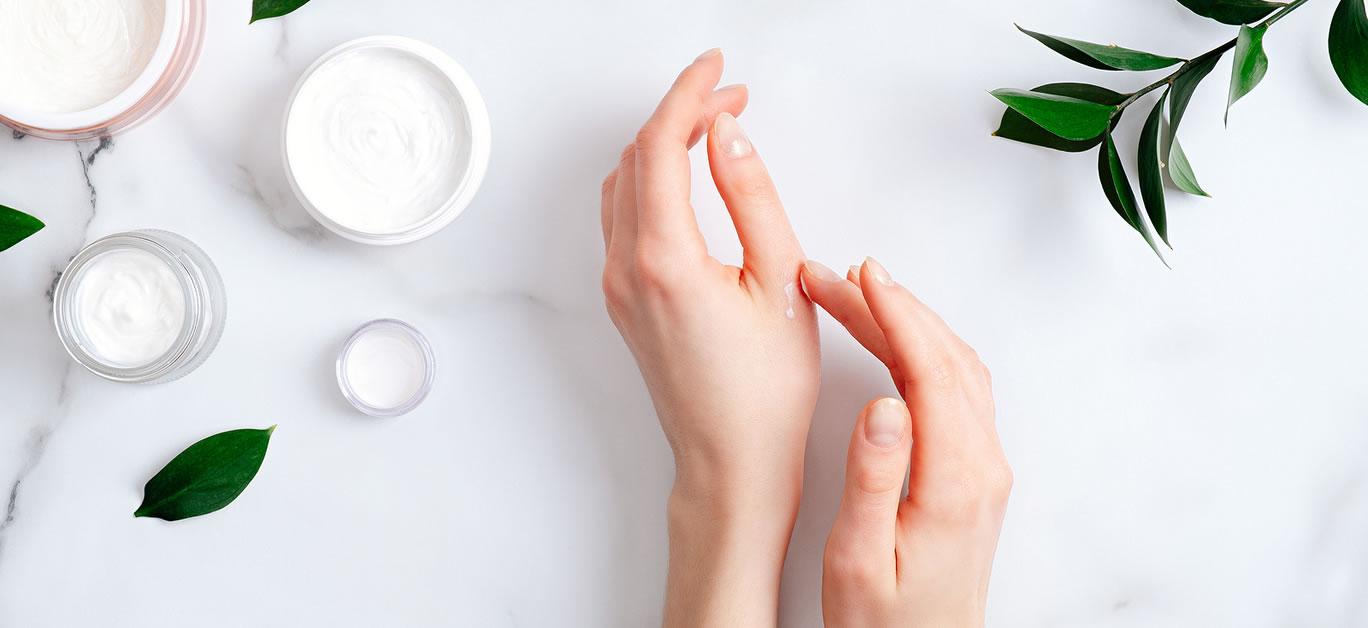The world of organic health and beauty is booming – and as more and more people become aware of what they are putting onto and into their bodies and demand higher standards and more natural ingredients, it’s a market that shows no signs of slowing down. Over recent years, we’ve seen our favourite luxury health food and wellness stores begin to overflow with innovative new offerings across all areas of health and beauty, as more people begin to understand the importance of quality over quantity, and the positive potential impact long-term.
The ongoing Covid-19 pandemic, it seems, has served as a further catalyst for this burgeoning market, which had already exceeded $15 billion in value by the beginning of last year. By 2027, we can expect to see it reach an eye-watering $54 billion – proof, if you need it, that the trend is nowhere near its peak.
For brands, the growth of the global natural and organic personal care market has been driven by a number of factors, including the expansion of distribution channels and increasing online customer reach. Over the past year alone, we’ve seen a dramatic shift to the online world across all sectors – something that has been happening gradually over the years but, with the general public instructed to stay at home for the long-term, has become more necessary than ever.
As the pandemic continues, health remains at the forefront of the collective mind, and we’re questioning the ingredients of the products we consume and where they come from even more. This increased awareness has already begun to change our behaviour in a way that some believe it was moving towards anyway – but there is no denying that since Covid-19 was first discovered, there has been a surge in interest in natural and organic health and beauty products.

According to research conducted by the Soil Association Certification’s 2020 Organic Market Report for Beauty and Wellbeing – an updated version of which has yet to be released for 2021 – 79 per cent of people are now more likely to buy a product if it is labelled organic, while 92 per cent admitted that choosing an organic beauty product made them feel like they were making a more positive choice.
Mental health and wellness
It’s not just concerns around our physical health that have been heightened by the pandemic, and our mental health and wellbeing, too, has come under the microscope. Faced with the stress that has come with working and schooling children from home, being unable to see or spend time with friends and family members, and generally having our freedom curtailed has seen conditions such as depression and anxiety rise, too – and with them, the desire for natural and organic remedies to help manage symptoms.
Luxury organic CBD brand Joy Organics produces a specialist line of broad and full spectrum CBD oil tinctures, and recently, became one of the first major CBD companies to introduce a line of USDA Certified Organic CBD tinctures, jarred salves and soft gels.

Barry Smith, CEO of Joy Organics, says that more people than ever are looking towards CBD products to help ease symptoms such as anxious thoughts, a racing mind and insomnia – and that since launching the new line, the brand has seen a huge spike in custom.
“Our products have always been popular, but since making the switch towards being Certified Organic, there has been increasing demand from them from our customers,” Barry explains.
Sustainability
The growing demand for organic products, it seems, is about more than just what goes into or onto our bodies – but how it affects the environment, too.
The Soil Association’s findings revealed that 82 per cent based their choice on environmental impact, saying that by choosing organic products, they felt that they were doing the ‘right thing’.
And wealthy shoppers are becoming savvier than ever, no longer swayed by the prettiest packaging or the most expensive price tag. Today’s consumer demands greater transparency in the marketplace, and are increasingly aware of false claims about products. Where in the past they might have simply accepted whatever it said on the bottle or jar, now, they want certification with over 56 per cent looking for recognisable logos to support them in making their choices.

The demand goes beyond just the products themselves, too – and 69 per cent of consumers now purchase only products that come in recyclable packaging. With the climate crisis now at the front and centre of most people’s minds, the trend towards sustainable living is continuing to grow – but more than just a ‘fad’, it’s a move to an essential way of life for our future on the planet, and more and more people are realising its importance.
The bottom line
With such an apparent shift in the collective consciousness, it’s time for luxury health and beauty brands to take note – and 2021 is set to be an exciting year in which we can expect to see more and more of them seeking to cut through the noise. It’s time for the industry to deliver real solutions when it comes to both healthier and more sustainable ways of living, and there is an increasing desire and willingness from brands to do so. Combined with the ever-growing demand from consumers, the outlook for the future looks positive – and after a tumultuous twelve months, it’s about time.






















